Political Science Archive
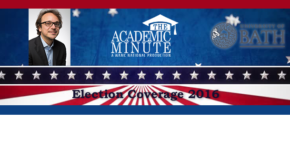
Pietro Perotti, University of Bath – Political Accounting
Who the president is may change how states report their financial data. Pietro Perotti, lecturer in
5/11/2016
0
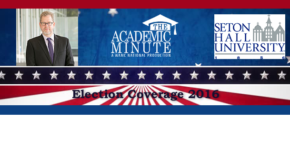
Paul Christiansen, Seton Hall University – Campaign Songs
Political candidates are marketed to voters using the magic of music. Paul Christiansen, associate professor of
4/11/2016
0
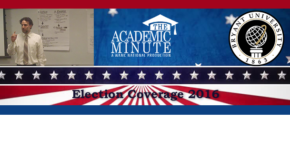
Richard Holtzman, Bryant University – Political Narratives
Political narratives are an important part of an election cycle. Richard Holtzman, associate professor of political
3/11/2016
0
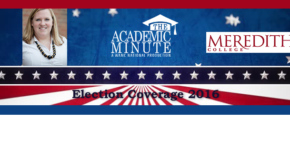
Whitney Manzo, Meredith College – Civil Discourse
How do you promote civil discourse in our democracy? Whitney Manzo, assistant professor of political science
2/11/2016
0
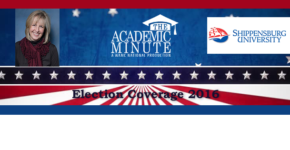
Cynthia Botteron, Shippensburg University – Qualified for Election
What makes a candidate qualified for political office? Cynthia Botteron, professor of political science at Shippensburg
1/11/2016
0
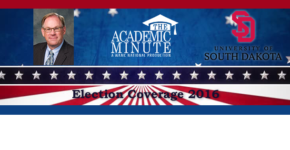
Matthew Moen, University of South Dakota – Civility in Politics
Political discussions are often uncivil. Matthew Moen, professor of political science at the University of South
27/10/2016
1
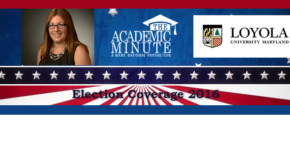
Amy Bree Becker, Loyola University Maryland – Political Comedy
Do we learn more about politics through comedy shows? Amy Bree Becker, assistant professor in the
26/10/2016
1
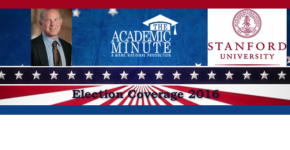
Jack Rakove, Stanford University – Executive Power and the Electoral College
How did the Electoral College come to be? Jack Rakove, professor of history and political science
25/10/2016
2
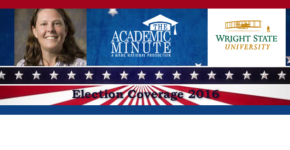
Corey Seemiller, Wright State University – Young Voters
Will young voters help decide this election? Corey Seemiller, assistant professor in organizational leadership at Wright
24/10/2016
0
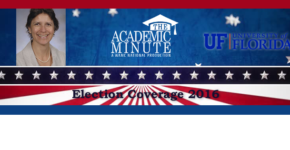
Victoria Pagan, University of Florida – Conspiracy Theories
Could modern conspiracy theories be traced back to ancient Rome? Victoria Pagan, professor of classics at
21/10/2016
0
